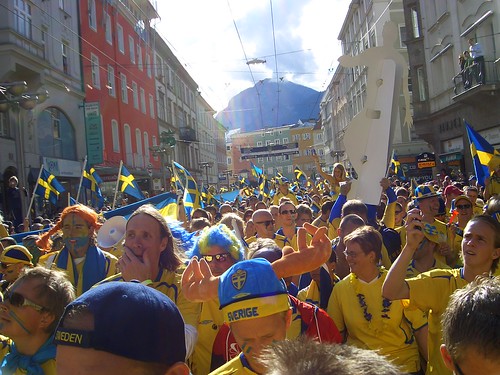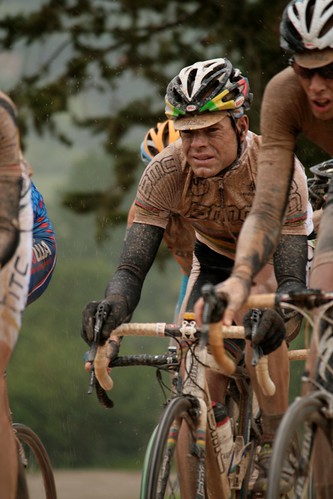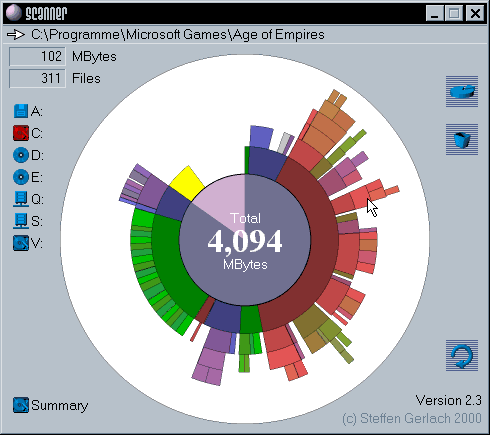BTTB
Am I odd to love reading something that challenges what I held as a firm belief? I hope not because I really enjoy that moment of eyebrow furrowing
"but I thought...".
The wise Padraig at Red Kite Prayer posted that he was easing his training intensity to lose weight. This goes against everything I've read in the last 2 years suggesting that high intensity training affects metabolic processes for a much longer duration post training, thus it is more effective than moderate intensity training for fat loss. The fact that he cites two books on endurance training and personal experience made me think a little more deeply about what I
know about HIIT.
A quick search yielded the following:
Moderate vs. high exercise intensity: Differential effects on aerobic fitness, cardiomyocyte contractility, and endothelial function.
Cardiovascular Research
Volume 67, Issue 1, 1 July 2005, Pages 161-172
This suggests that cardiovascular health is highly correlated to VO2Max which is itself correlated to training intensity. It doesn't mention fat loss.
Impact of exercise intensity on body fatness and skeletal muscle metabolism
Metabolism: Clinical and Experimental
Volume 43, Issue 7, 1994, Pages 814-818
Which states the following:
"When corrected for the energy cost of training, the decrease in the sum of six subcutaneous skinfolds induced by the HIIT (High Intensity Interval Training) program was ninefold greater than by the ET (Endurance Training) program." In other words, HIIT is much more effective than endurance training when it comes to fat loss.
The thing is that there are lots of studies on HIIT, lots of studies on moderate intensity training but as with lots of science, not a great deal of comparison between the two particularly concerning fat loss. One study on rats (that I can't find anymore) indicated that fat loss was equal but that fitness improved in the HIIT group.
Obviously these studies don't show that fat loss is improved with endurance training so I'm still not convinced that Padraig and the authors he links to are suggesting the best technique for fat loss. But it has prompted me to search some more.
One thing that I've been wondering is: I know that I enjoy longer distance, moderate intensity training much more than sprints; I wonder if training enjoyment could affect weight loss.
Anyway, stay tuned for more research.


























